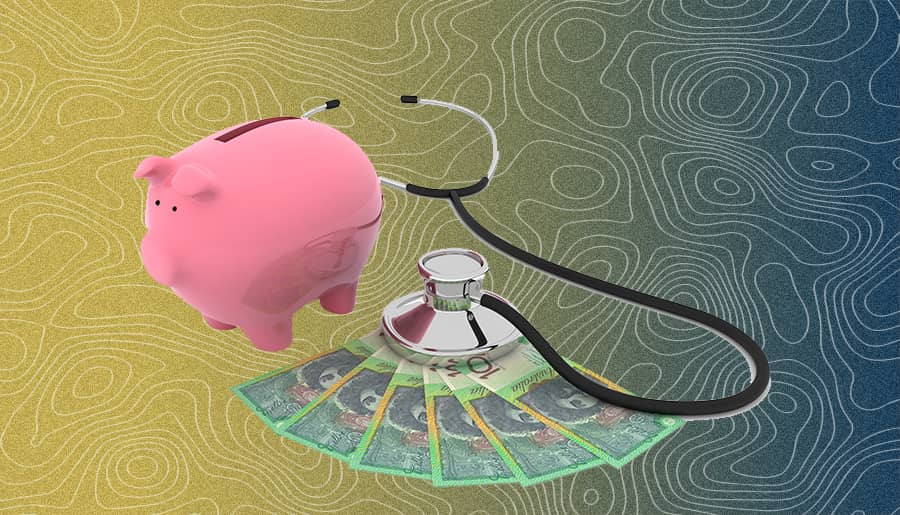It’s an undeniable fact that bulk-billing slaps. This system has allowed our most vulnerable citizens to get their medical bills covered by the Federal Government’s Medicare system, instead of getting punched in the wallet. It also meant that in university, I could get a mental health referral without having to skip instant Mi Goreng for a month. Bulk-billing incentivises people to get the medical help that they need.
However, some Aussie general practitioners are worried that bulk-billing practices are becoming an endangered species.
“It’s really gotten to breaking point at the moment,” stated Dr. Brad McKay on Today back in August.
“So everyone is finding that their general practitioners are private-billing now or mixed-billing. It’s really, really hard to find a bulk-billing doctor these days, and it’s going to get harder.”
Moreover, a new report from the Royal Australian College of General Practitioners (RACGP) has crystalised how dire this situation actually is. A massive 97% of our GPs believe that the current Medicare rebate system can’t sufficiently cover the cost of caring for someone.
“If general practice were a patient,” stated the RACGP’s President, Professor Karen Price. “I would say that it had several serious underlying health conditions that, if not properly addressed, will lead to grim outcomes.”
“Unless things change, more and more practices will face the impossible decision of hiking fees for patients or closing up shop.”
But why exactly might our bulk-billing practitioners go the way of the dodo? And is the government doing anything to stop this from happening? Let’s answer these questions right now:
Australian Doctors Have Been Underpaid for Ages
When it comes to supporting our general practitioners, our government has been asleep at the wheel.
“Over the past few decades, the government hasn’t really been paying that much attention to general practice,” said McKay. He then went on to state that while the cost of running a practice has increased over time, wages have stagnated.
This sentiment was echoed by Primary Care Business Council’s director, Jeremy Stones, in an interview that he did with 7NEWS.com.au. Stones stated, “The costs of running the general practice — nursing and admin and insurances and rent — has just rapidly escalated far beyond headline inflation and far beyond government funding.”
Ergo, for our general practitioners to survive, they have to find some extra cash somewhere. So, what’s an effective and direct way of getting more money? Whelp, it’s by stopping their bulk-billing services.
Now, such business costing issues might be less severe if our general practitioners weren’t losing cash when they bulk-bill their patients. But unfortunately, that’s exactly what’s happening.
As McKay explained, “This gap has developed. The consult may cost $90, for practical reasons, and your rebate through Medicare would be about $40… GPs are sort of sick of handling that gap and being paid at half the wage of what we should be.”
Related: How the Medicare Telehealth Cuts Will Impact You
Related: NSW Health Workers Score $3000 Appreciation Payments
What Will the Federal Government Do for Our Doctors?
While the government hasn’t announced any policies that will increase our general practitioners’ wage or incentivise bulk-billing, they have acknowledged the problem.
“I’m really concerned about the state of general practice,” our Health Minister, Mark Butler, told ABC Radio National on August 5.
“It really suffered over the last nine years. There were six years where, effectively, GPs had a wage freeze under the former government and that’s really hit them hard.”
Butler then went on to declare that improving general practices was the centrepiece of his health policy and that he was working with the Strengthening Medicare Taskforce to make this happen.
However, he hasn’t promised any magic bullets. “There’s a lot of work to do here,” asserted Butler.
“We had some really frank discussions with the doctors groups, nurses groups, and others, a couple of weeks ago, about just the depth of the challenge. But we’ve got to turn this around.”
Read more stories from The Latch and subscribe to our email newsletter.







